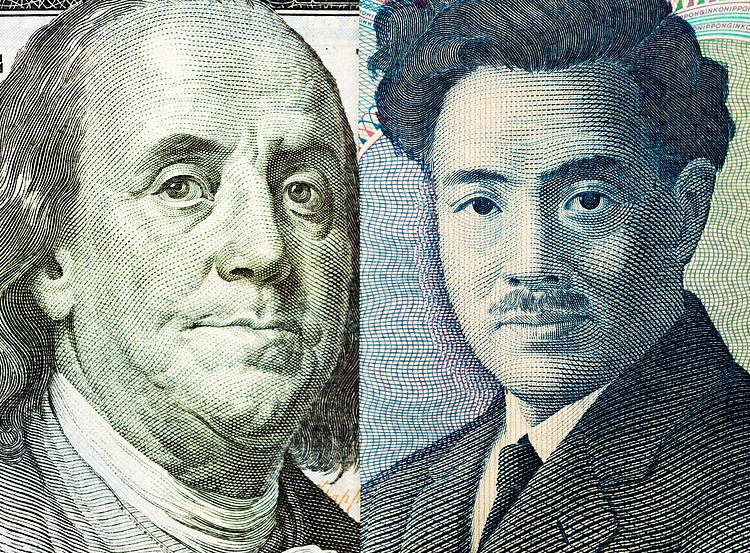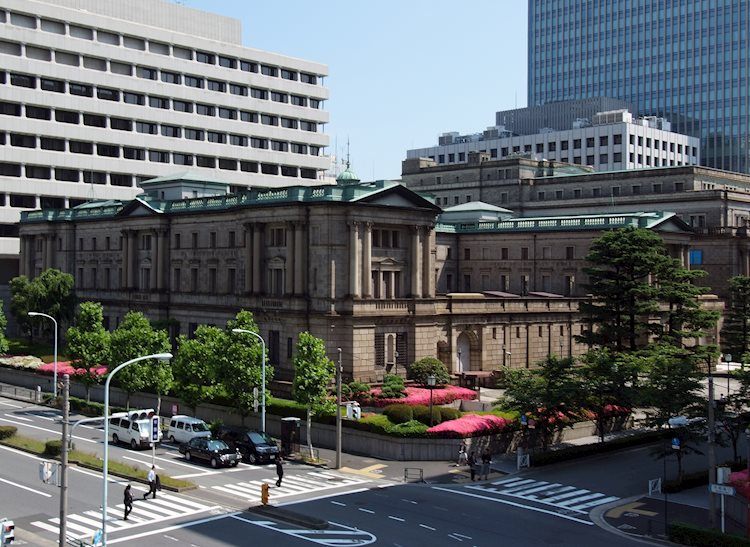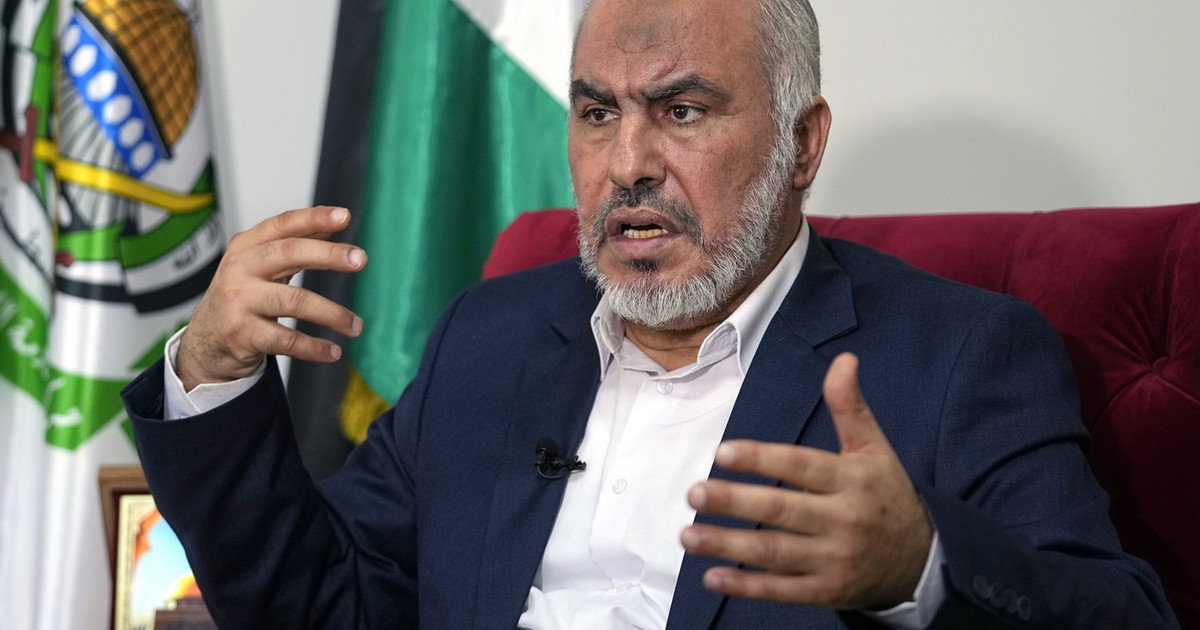A survey carried out by the National Confederation of Industry (CNI) points out that one in four Brazilians (25%) is unable to pay off all debts at the end of the month.
The survey also shows that 69% of Brazilians cannot save money. Those who manage to save reach 29%.
Among people who cannot save money at the end of the month, 44% said they are almost always tight, they pay the bills, but there is nothing left.
The survey released on Monday (8) also shows that, with a tight budget, more than half of the respondents reduced their leisure expenses, stopped buying clothes or gave up traveling.
However, just over half of those interviewed by the confederation (56%) believe that, by December, they will be in a better or much better personal economic situation.
Within this percentage, 31% of those who believe that the personal economic situation will be much better at the end of the year earn more than five minimum wages, while 19% earn up to one minimum wage.
“The Covid-19 pandemic and a series of other challenges, such as the war in Ukraine, jeopardized the recovery of the economy and the resumption of growth in Brazil. The acceleration of inflation led to a new cycle of interest rate hikes, which discouraged consumption and investment. At least, we are facing a scenario of recovery of the labor market, with a reduction in unemployment and an increase in the income of the population – which gives us a perspective of overcoming, albeit gradually, this series of difficulties that families are facing”, says the president of the CNI, Robson Braga de Andrade.
cost cutting
With the increase and spread of inflation in several of the products and services consumed in the country, the number of Brazilians who were unable to save or get out of the negative has increased. In this scenario, the survey shows that the majority of the population (64%) has cut spending since the beginning of the year and one in five Brazilians took out a loan or contracted debt in the last twelve months.
Among people who have reduced consumption, 61% show optimism and say it is a temporary situation. But only 14% of Brazilians intend to increase spending by the end of the year.
The study also shows specific situations that respondents reported when asked about their personal budget: 34% of Brazilians have already delayed electricity or water bills, 19% have stopped paying their health plan and 16% have had to sell something to pay off debts.
Changes in the population’s budget have become increasingly common amid attempts to save. In addition to reducing spending on leisure and personal items such as clothes and shoes, the study reveals that 45% of respondents stopped eating out, while 43% reduced spending on public transport and 40% stopped buying some food.
Population feels increases
When questioning the participants about the increase in expenses, the survey shows that cooking gas leads the ranking of products whose prices have increased the most in the last six months in the perception of the population. In this edition of the survey, 68% said that the value of gas is higher against 56% in April.
Then comes food, electricity and fuel. More than half of Brazilians pointed out that the value of these items increased in the period. The perception of higher prices for items such as rice and beans and red meat also increased significantly in relation to the April survey, with an increase of more than 10 percentage points in July.
In this way, a habit has become more and more frequent, the haggling. The majority of the population (68%) haggled before making a purchase this year and used their credit card (51%).
“Buying on credit” was part of the reality of 3 out of 10 Brazilians this year, more than overdraft, payroll-deductible credit or loans from other people, who had less than 15% of use each among the interviewees.
Source: CNN Brasil
I am Sophia william, author of World Stock Market. I have a degree in journalism from the University of Missouri and I have worked as a reporter for several news websites. I have a passion for writing and informing people about the latest news and events happening in the world. I strive to be accurate and unbiased in my reporting, and I hope to provide readers with valuable information that they can use to make informed decisions.






